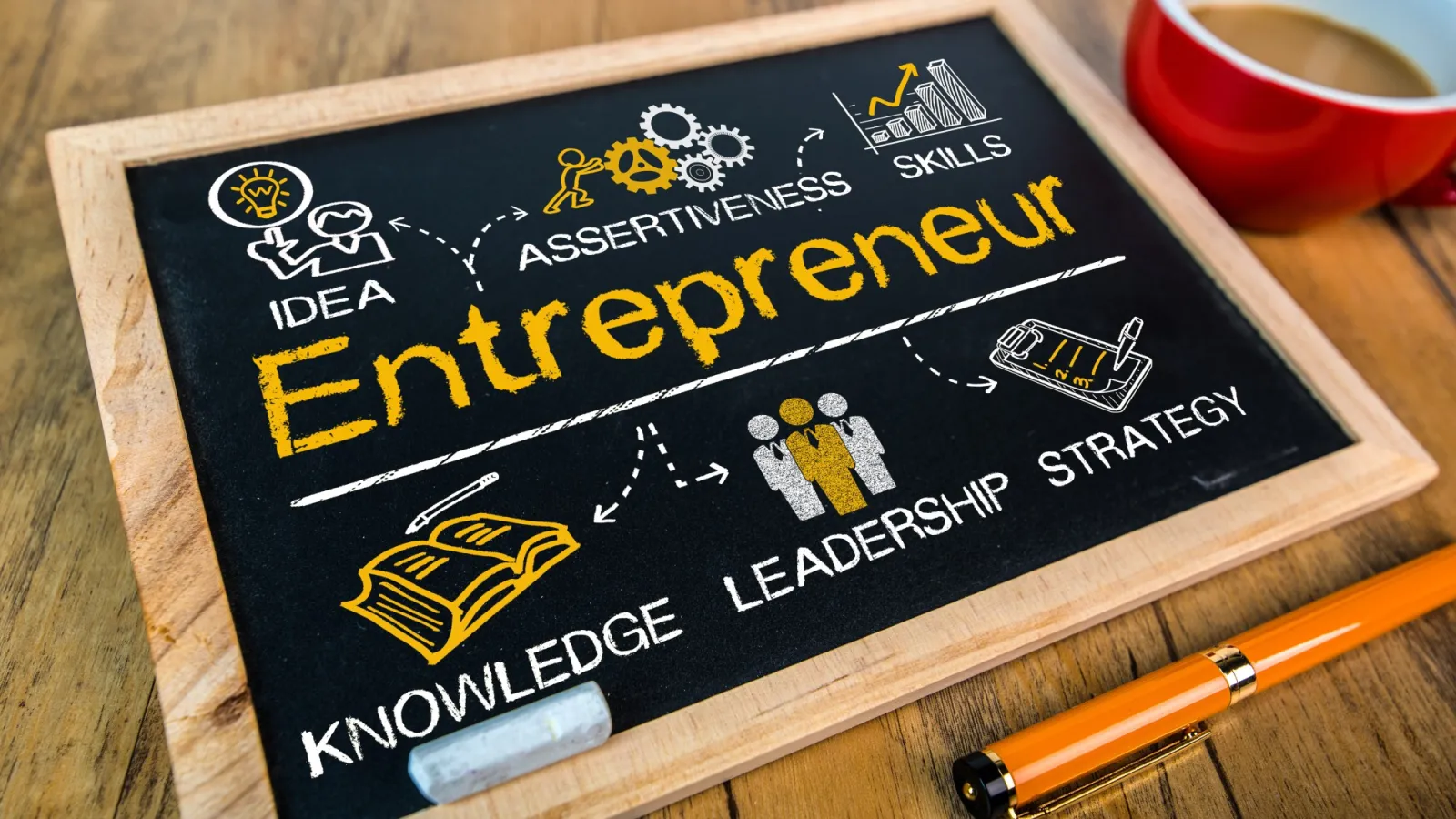Copyright Reuters

Nov 12 (Reuters) - (The opinions expressed here are those of the author, a correspondent for Reuters. This column is part of the weekly Reuters Sustainable Finance Newsletter, which you can sign up for here https://www.reuters.com/newsletters/reuters-sustainable-finance/.) Sign up here. Those crises look tame next to new challenges his baby must confront like conservative criticism of its sourcing and AI mining of its content. In a recent interview Wales seemed confident his baby will remain relevant. He hopes to strike more deals modeled on one with Google to have corporations pay for training access. We also discussed the merits of anonymity and how moderation protects free speech among strangers. Wales: Consistent interactions over time (create) a culture of civility. That's part of what's wrong with a lot of social media. A lot of the people who are screaming at each other on Twitter are kind of not building a relationship and sort of having a longer dialogue. It's just drive-by, flaming by trolls. Wales: I do think people really do have a desire for neutrality, for understanding all sides of a story so that you can really get things done. It doesn't have to be bland. Q: When you cite Wikipedia or some of the Subreddit communities, what does seem to set these communities apart and able to get to some shared understanding is rules that, let's face it, cast some people out. A criticism of this kind of approach is the argument I'll call free speech. Wales: There's a lot of subtlety and nuance around these kinds of questions. My classic example is, if we talk about the moon, we don't say, some say rocks, some say cheese, who knows, right? Like that's not reasonable. At the same time, you don't want to be mindlessly majoritarian. You do want to acknowledge in a fair way when there is substantial disagreement and dissent. Wales: It's one that we always have to go back and visit. There are a plethora of low-quality, very populist right-wing outlets that just aren't good enough. And that's unfortunate. If any right-leaning billionaires want to do something good for the world, fund some really intellectual work, fund some high-quality news outlets that aren't populist, that really care about journalistic values. That would be fantastic. Wales: Clearly it is. Whether it's an important or meaningful competitor, remains to be seen. I'm pretty skeptical of the ability of large language models to produce encyclopedic content, because the hallucination problem is still quite bad. That is even more true the more obscure the topic. Q: Also it seems hard for these language models to admit that they don't know something. Wales: Actually, this would be my main advice to the people who are training the models is, could you please teach them to say, 'honestly, I'm not sure.' That would be a great answer. Q: Let's talk about AI and what it means for the Wikipedia project. Probably some of your own editors are using AI to develop articles. Wales: We don't have much in the way of formal policy. One piece that probably could be considered formal policy is like using an AI to help you with your work, if you get something wrong, you're just as responsible as you were before. In other words, it's not an excuse to say, oh, I used AI, not my fault. Q: What do you think about LLMs using Wikipedia to train themselves? Wales: Yeah we're a big part of the training data for all the major LLMs. Everything in Wikipedia is freely licensed for people to do as they please with it. Q: Why don't you just put your foot down? Wales: It's a possibility. I've heard some rumblings. Reporting by Ross Kerber; Editing by David Gregorio Our Standards: The Thomson Reuters Trust Principles., opens new tab Opinions expressed are those of the author. They do not reflect the views of Reuters News, which, under the Trust Principles, is committed to integrity, independence, and freedom from bias. Ross Kerber is U.S. Sustainable Business Correspondent for Reuters News, a beat he created to cover investors’ growing concern for environmental, social and governance (ESG) issues, and the response from executives and policymakers. Ross joined Reuters in 2009 after a decade at The Boston Globe and has written on topics including proxy voting by the largest asset managers, the corporate response to social movements like Black Lives Matter, and the backlash to ESG efforts by conservatives. He writes the weekly Reuters Sustainable Finance Newsletter.



